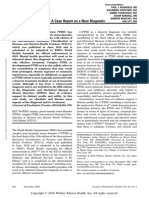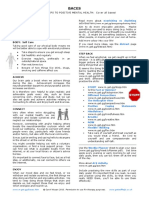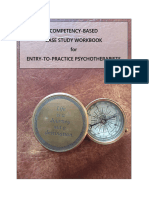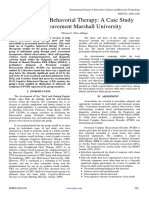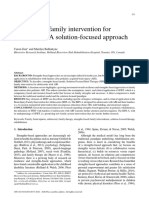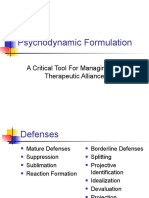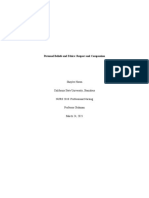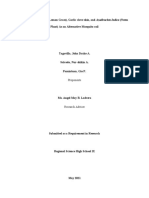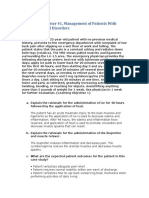0% found this document useful (0 votes)
84 views3 pagesCoping With Uncertainty - Toolkit
Coping with Uncertainty_Toolkit Coping with Uncertainty_Toolkit
Uploaded by
202210011Copyright
© © All Rights Reserved
We take content rights seriously. If you suspect this is your content, claim it here.
Available Formats
Download as PDF, TXT or read online on Scribd
0% found this document useful (0 votes)
84 views3 pagesCoping With Uncertainty - Toolkit
Coping with Uncertainty_Toolkit Coping with Uncertainty_Toolkit
Uploaded by
202210011Copyright
© © All Rights Reserved
We take content rights seriously. If you suspect this is your content, claim it here.
Available Formats
Download as PDF, TXT or read online on Scribd
/ 3






